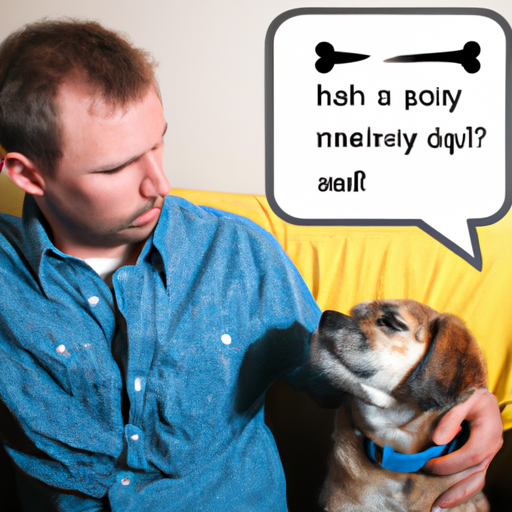“`markdown
Why Do Dogs Chew Paws
1. Introduction
You love your furry friend, don’t you? You feed them, play with them, and care for them in every possible way. But, lately, you’ve noticed something unusual – your dog is constantly chewing on his paws. This behavior might confuse and worry you. Why is your dog doing this? Let’s delve into the possible reasons and solutions.
2. Common Reasons for Paw Chewing
Dogs chew their paws for a variety of reasons, and understanding them is the first step to stop this behavior:
- Allergies: Allergies can cause extreme discomfort in dogs, leading them to chew their paws.
- Fleas and Parasites: Fleas and parasites can cause itching and irritation, forcing dogs to chew to get relief.
- Pain or Injury: If your dog hurts its paw, it may chew on it to soothe the pain.
| Reasons | Symptoms | Possible Solutions |
|---|---|---|
| Allergies | Redness, inflammation, constant licking | Hypoallergenic dog food, allergy medication |
| Fleas and Parasites | Scratching, hair loss, redness | Regular flea and tick treatments |
| Pain or Injury | Limping, yelping when touched, swelling | Visit to the vet, pain medication |
3. Psychological Factors
Sometimes the reasons for paw chewing can be psychological:
- Boredom: Dogs often chew their paws out of boredom. Providing them with toys and engaging activities can help.
- Anxiety: Dogs suffering from anxiety might resort to paw chewing as a coping mechanism.
4. How Can You Help Your Dog
As a caregiver, you can take several steps to help your dog stop chewing their paws:
- Regular Vet Check-ups: Regular vet visits can help detect any underlying health problems.
- Proper Grooming: Keeping your dog’s paws clean can prevent infections that might lead to paw chewing.
- Mental Stimulation: Providing your dog with plenty of physical and mental stimulation can help combat boredom and anxiety.
5. FAQs
Q: Can I use human allergy medication for my dog?
A: No, always consult your vet before giving any medication to your dog.
Q: My dog doesn’t have fleas or allergies but continues to chew his paws. What should I do?
A: In such cases, consult your vet. The problem might be psychological.
Q: Can paw chewing lead to serious health issues?
A: Yes, constant paw chewing can lead to infections and other health issues. It’s best to address this behavior as soon as possible.
In conclusion, paw chewing can be a normal behavior for dogs, but excessive chewing could be a sign of underlying issues. As a caregiver, understanding why your dog is chewing their paws is the first step to helping them.
“`



